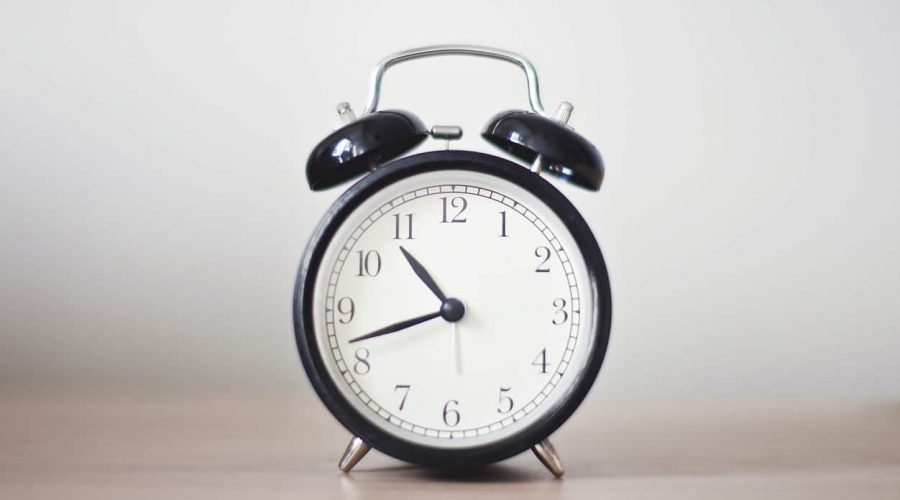Getting stung with late fees sucks. Whether it’s a phone bill, credit card or something else, it’s estimated that $286 million was spent last year in late fees, according to new research by Commonwealth Bank.
The survey of more than 1,000 Australians found that one third of Australians have paid a bill late in the last 12 months and that this was largely due to bill payment mismanagement, with utility bills the most commonly left too long.
Kitty Thomas financial debt counsellor Debt Angel Services says that people often get into trouble because they don’t prepare themselves.
“Many people are living week to week financially and they don’t have the foresight to pay bills ahead of schedule.
“They think a couple of days late may be ok but companies especially the big banks are always quick to jump on that.
“But just remember late fees can be reversed so getting in touch with a company and apologising and requesting they reverse a late fee is definitely a reasonable option.”
Gen X accounts for almost half of all late fees paid nationwide.
The results have been released to help promote CommBank’s Better Bill Experience which comes as an app and via CBA’s online Netbank system, which is aimed at helping customers better manage their bills and avoid paying fees.
Downloading the Commbank app will allow customers to get their bills sent directly to them,” says Danielle Murrie, General Manager, Deposits and Transactions, CommBank.
She added that the most common reason for customers not paying their bills was forgetfulness, followed by not having enough more and missing the due date.
It’s estimated that many Australians spend on average of 15 hours a year managing their bills.
Here are our four tips on how to avoid getting hit with late fees.
1. Organise direct debits or automatic payments. This one is almost too easy with today’s Internet banking, it’s a simple as set up and let the money be taken.
2. Set a budget. Usually with most regular bills you know when they are likely to come, and often you will know if they are likely to be more or less than the month before. So park some funds aside for payment.
3. Money trouble. When you are down to your last cent and you know that you have bills due to be paid, it’s amazing how far a simple phone call to the relevant company can be. It’s often possible to get a 7 to 14 day extension on paying some bills without being penalised.
4. Ask for fees to be waived. We like this one the most and it frankly it’s amazing how often it works because some fees can be mistakes or charged on the same day as a payment has been made. So it’s always worthwhile contacting the relevant company and asking for fees to be waived where you think you have a good reason for asking.
5. Bank account specific. Setting up a bank account that is purely for paying bills is also a great way to ensure you can stay organised with direct debits plus making sure that you have the cash to pay for bills when the time comes.













